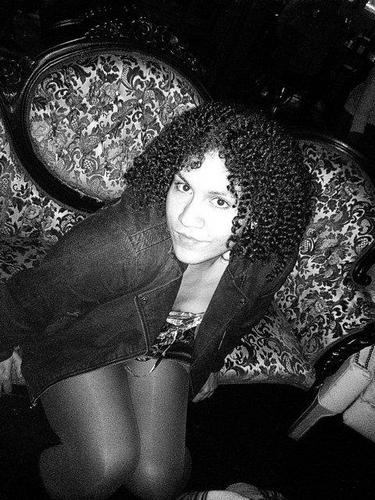
Look at it this way: Margaret Mead had to travel all the way to New Guinea to discover an exotic tribe. I lived in before-it-was-cool Brooklyn for 18 years and I never met any residents who were remotely like the Stocktons in “Pineapple Street.” If you haven’t either, perhaps it’s time you got acquainted. The older family members wear clothes until they wear out drive cars until they break down and wouldn’t think of vacationing anywhere they haven’t been 50 times before. Their kids have summer internships, rather than summer jobs. Blue bloods to their very core, they would never open discuss something as vulgar as money thanks to trust funds and smart real estate, they know they will never be poor. It’s a juicy depiction of an old-money WASP-y family living in a corner of Brooklyn where rich WASP-y families have always lived. “Pineapple Street” in short is a comedy of manners (Jackson has been compared to Edith Wharton). Sasha, the wife of Cord, the oldest brother, is regarded as an outsider and mocked as a “gold digger” because she was raised middle-class in Rhode Island and is therefore NOKD (or Not-Our-Kind-Dear). Her younger sister Georgiana has a crush on her handsome boss at the not-for-profit where they work but is depressed because he doesn’t seem to notice her. Tilda’s daughter Darly, an ex-Goldman banker, gave up her lucrative career to raise a family. For instance, Tilda Stockton, the matriarch of a Brooklyn Heights family from prestigious Pineapple Street, worries if she will have the right costume for her next themed party. But they are strictly of the first-world variety. Hemingway was said to have responded, “Yes, they have more money.”īesides money, the rich, according to Jenny Jackson’s likable new novel “Pineapple Street,” also have problems.

Scott Fitzgerald reportedly told Ernest Hemingway.

“The rich are different from you and me,” F.


 0 kommentar(er)
0 kommentar(er)
